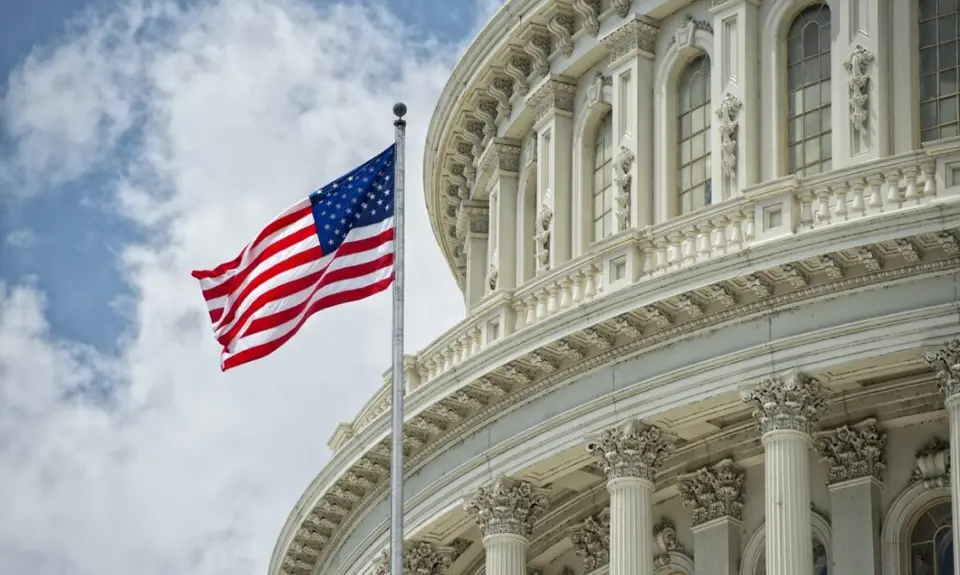First published by the Washington Speakers Bureau.
As Americans, we grow up with the idea that rugged individualism and self-reliance are core parts of our national identity. We love rags-to-riches, up-by-your-bootstraps stories about Horatio Alger types; they’re deeply embedded in our national lore.
And they can inspire us, but I’m afraid they can also mislead us.
We’ve faced more than one election in which the mystique of the “self-made” person has had such a strong grip on voters’ imaginations that they actually vote against their own interests.
That happens when politicians play on this trope in our culture to convince people they don’t need strong institutions, and they don’t need strong government, because every person is an island: whether you’re a “hero or a zero” is your responsibility alone.
Now, as we face another election in which we can expect the role of government to be debated, I believe we should think twice about the stories we hear and those we tell ourselves.
Here’s why.
Over the years I’ve had people congratulate me on how my life is an example of one person pulling himself up by his bootstraps, and I always find that curious, because it’s not really true. I feel an extraordinary gratitude to the community institutions and yes, federal government interventions that made my life possible, because it all could have gone very differently.
I was born in a homeless shelter.
My dad was a Navy veteran who, like so many vets, struggled with substance abuse when he got out. His battle with addiction kept him away from our family for decades.
My mom, my three siblings, and I experienced homelessness on and off, living out of our car or in shelters, before our family found its feet.
We were fortunate to receive help from extended family.
But what was equally important was a strong social safety net, government assistance with basic needs like food, strong public schools, public libraries, and student financial aid programs that made it possible for me and my siblings to grow and thrive.
Strong institutions helped me grow into a kid who qualified to attend Cornell University, and government financial assistance made it possible for me to get my degree there.
I felt confident enough to run for City Council in Ithaca when I was 20, and I won. Then I ran for mayor at 24, and I became the youngest and first Black mayor of the city.
I went on to serve for 10 years, and our city became known for the work we did to strengthen the social safety net and the institutions that help people.
Throughout that time I was active in People For the American Way, and in 2022 our late founder Norman Lear asked me to become President and CEO, which is the role I serve in today.
It’s an honor and a huge responsibility, and I know I did not get here on my own.
So what is the message we want young people to hear today, especially those who might be thinking about government for the first time or voting for the first time?
I want them to know that a great America is an America with great institutions. I want them to understand that while we all have different back stories, nobody succeeds in life entirely on their own.
And nobody fails on their own. If somebody is hungry, or they don’t have a safe place to sleep, that’s on all of us. That should weigh on our consciences, until we fix it.
I want them to know that institutions can be deeply flawed, and that government is no exception. But tearing it all down is not an answer.
I want them to believe, as I do, that government can and should be an incredible force for good, and that government service is one of the highest callings there is.
And I want them to vote for people who clearly, demonstrably, feel the same way.
I know that asking people to renew their faith in institutions is asking a lot; poll after poll recently has shown that Americans’ faith in all institutions, from the presidency to the Supreme Court to traditional houses of worship to local school boards, is weaker than ever. There are real reasons for that.
But there are plenty of us who are living proof of the benefits that strong American institutions, built and sustained by lawmakers who vote for them and public servants who staff them and yes, the millions of Americans whose taxes pay for them, have to offer. Our goal should be to strengthen them, not abandon them.
That will make us all stronger, in the end.
